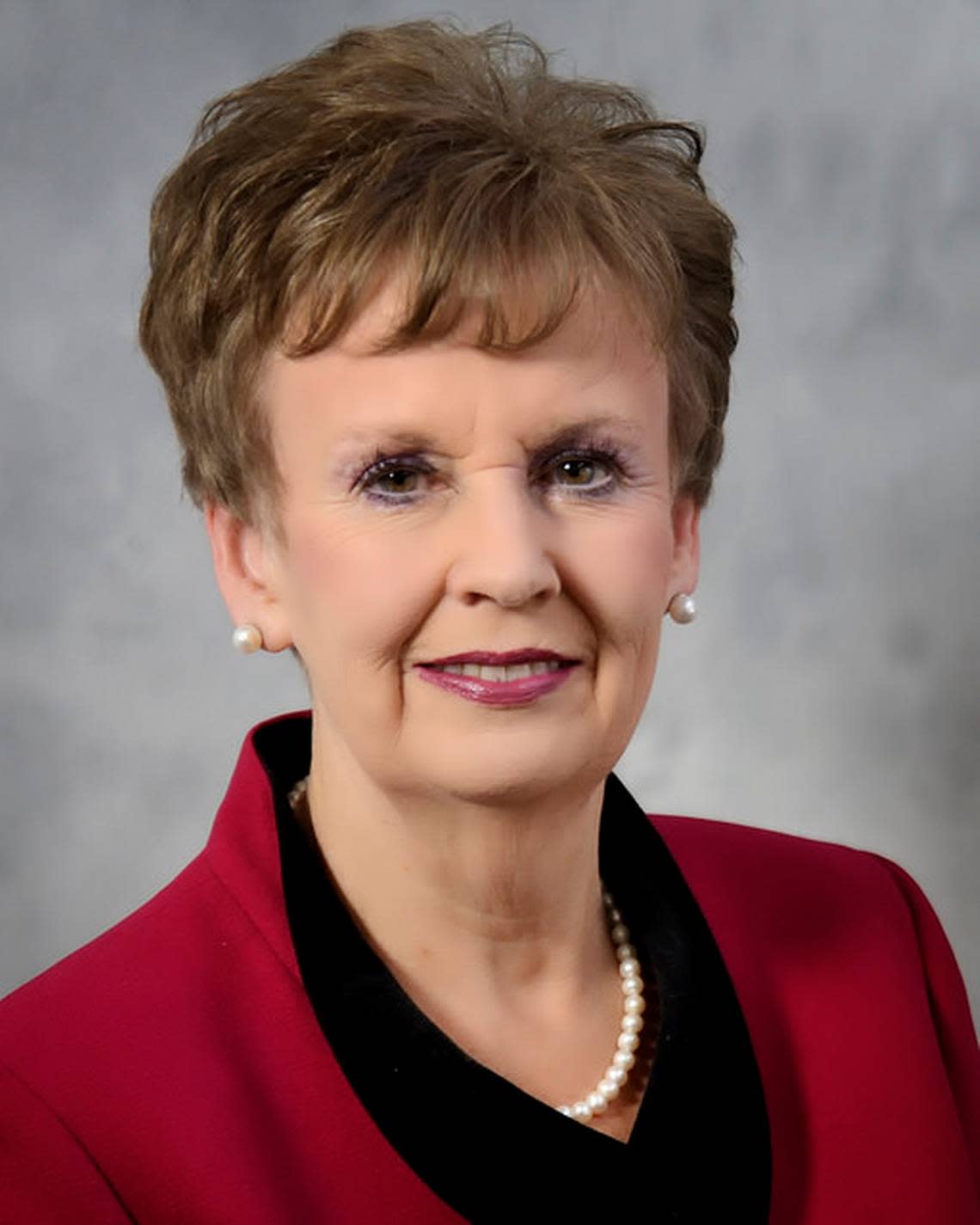How to solve homelessness? This advocate says: Ask the homeless | Opinion
The U.S. Supreme Court is weighing whether towns and cities can fine or jail homeless people who camp on public land and Raleigh police recently cleared two homeless encampments on state property, but there’s no broad agreement on what could solve the problem of people living in woods, parks and on the street.
Looking for answers, I called Mecklenburg County Commissioner Pat Cotham, although now she’s better known for being about to be office-less than caring about homelessness.
After 12 years as a commissioner, Cotham lost a Democratic primary in March after voters punished her for the actions of her daughter, state Rep. Tricia Cotham, who switched from the Democratic to Republican parties last year, giving General Assembly Republicans a veto-proof majority. The payback message, Cotham said, “was loud and clear.”

Forced retirement from public office will give Cotham, 73, a chance to devote more time to helping homeless people, a commitment that first led her to seek public office.
“If Jesus came to Charlotte, he probably wouldn’t be a county commissioner,” she said. “He’d probably be on the street with me.”
Cotham’s work with the homeless is more personal than official. She gives them money, buys and hands out blankets, helps them with transportation and finding jobs and personally tries to untangle their troubles.
Despite her government experience, Cotham doesn’t have big ideas about how to end homelessness. She does what she can do herself. “I just try to help the person in front of me,” she said.
But Cotham does have observations about why homelessness persists and grows, even as the nation prospers. When she helps homeless people, she said she also asks, “What happened with your life that you are here?”
From the answers, she said, it’s clear more help should come before more people are on the streets. “We tend to wait until someone is homeless,” she said. “We don’t do enough to prevent homelessness.”
While the need for more housing is great, she said, there’s also a problem with people being forced out of existing housing. “We need to focus more on evictions,” she said.
There also should be more sources of financial relief and counseling before the spiral toward losing a home begins. “A lot of people are one crisis away,” she said. “A car breaks down, someone gets sick or someone dies.”
When those challenges arise, she said, many people simply don’t know how to respond. “They don’t have any way to catch up. They don’t have a coping mechanism,” she said. “A lot of people don’t know what to do when they have a problem.”
People could be more resilient, she said, if coping skills were taught to the young in school and other settings. They should know more about finances, resources and their rights. Getting help is also about knowing how to find it.
And a surprising number of people who could get help from family members don’t ask for it, Cotham said, because they’re embarrassed that they are addicted or have lost their home. Many of them are still working but can’t get back to where they were.
One change Cotham would like to see is more help for people coming out of prison. A particular fix would be making sure those released have a valid photo ID. Getting one can involve vital records searches, fees and paperwork.
“It’s amazing that you go to prison for 10 years and don’t have a GED or an ID. I’ve spent so much time helping people get IDs,” she said. “It’s a simple thing, but IDs are the keys to the kingdom.”
Beyond such basic steps, Cotham said she doesn’t know how to end homelessness. “I wish I had all the answers. I have a lot of questions,” she said.
The answers may begin with questions as government and other groups address the problem with more than fines and homeless camp clearings.
“I don’t think we have enough voices of homeless people telling us what they need,” she said. “We need to listen to them more.”
Pat Cotham’s approach shows how that is done.
Associate opinion editor Ned Barnett can be reached at 919-404-7583, or nbarnett@ news observer.com
